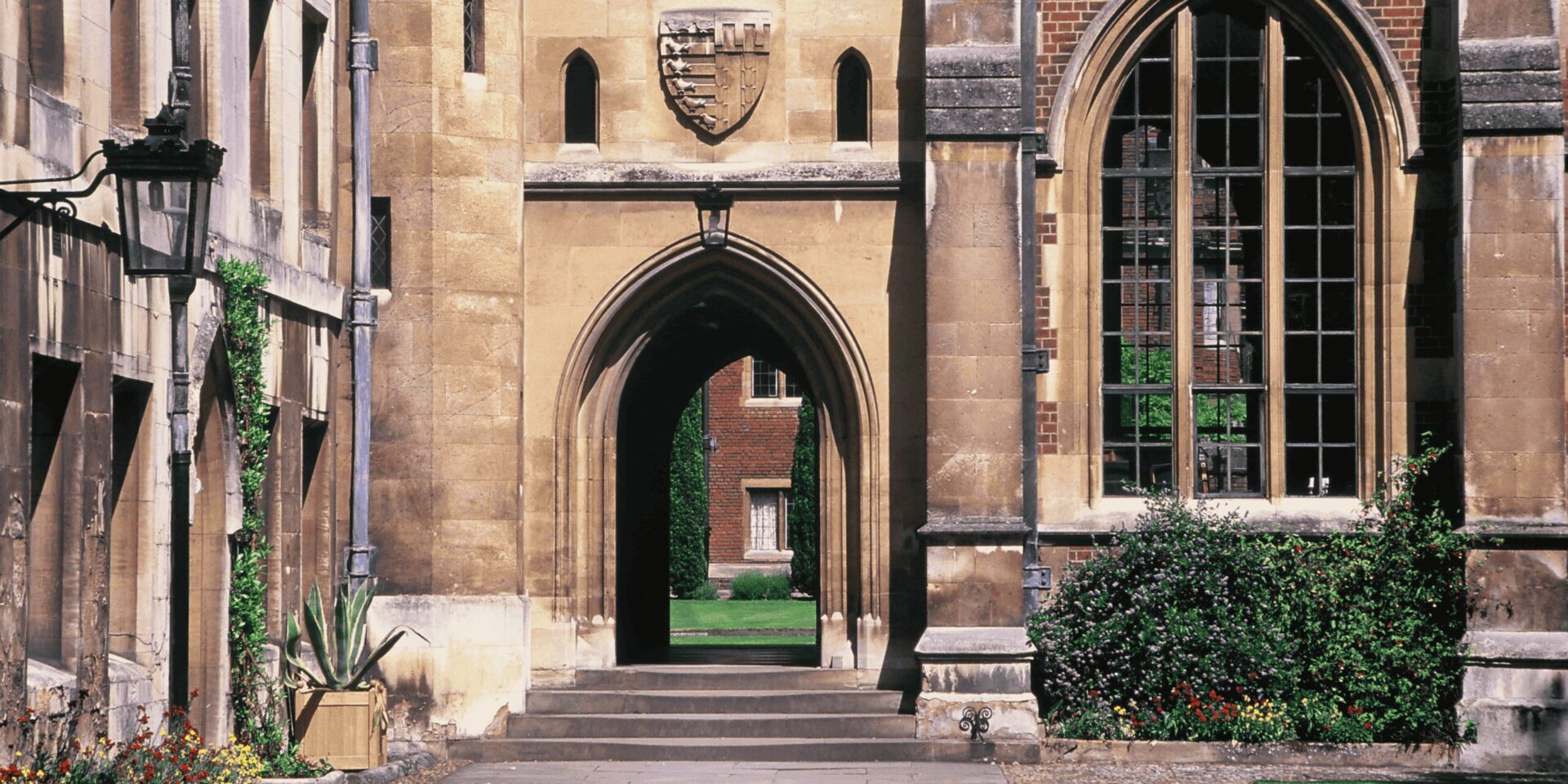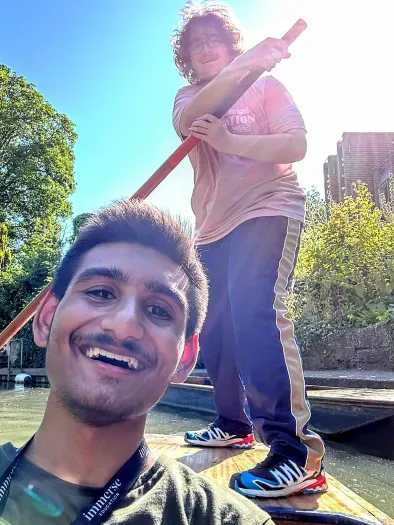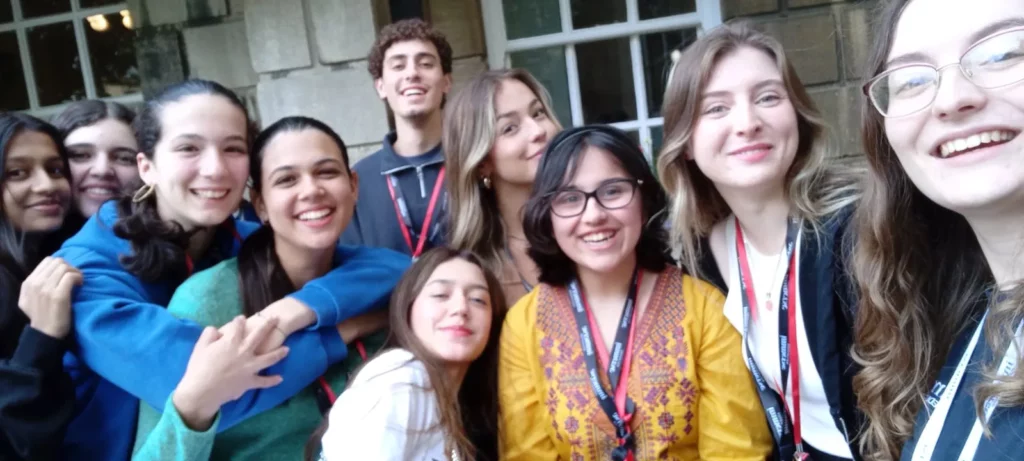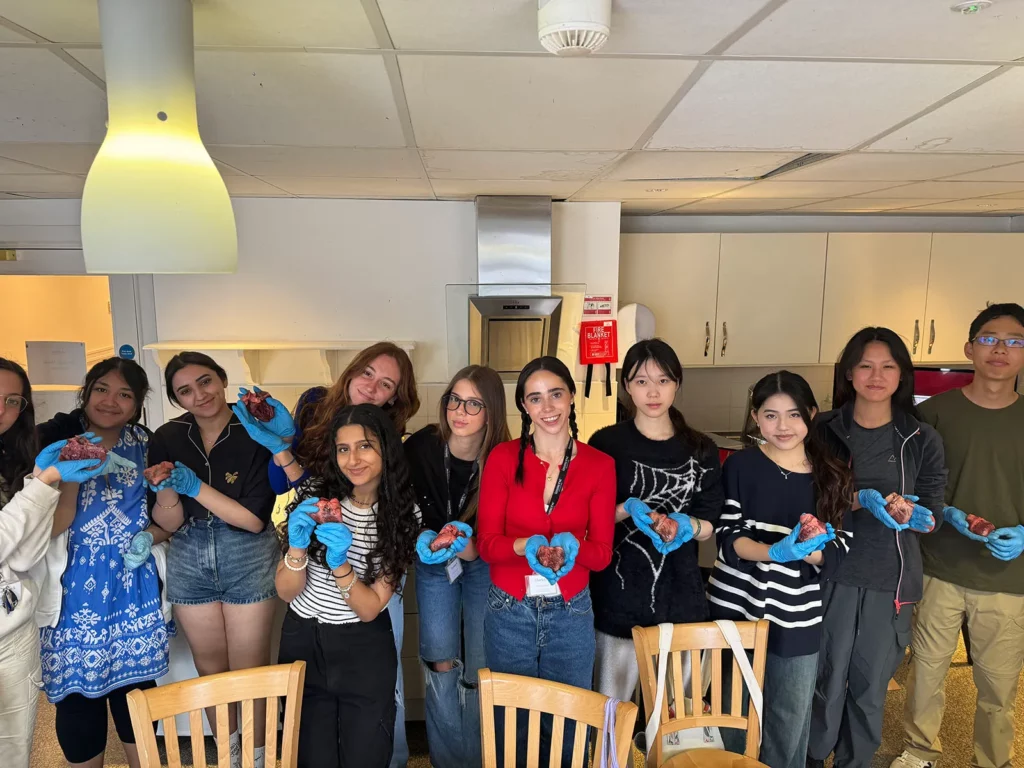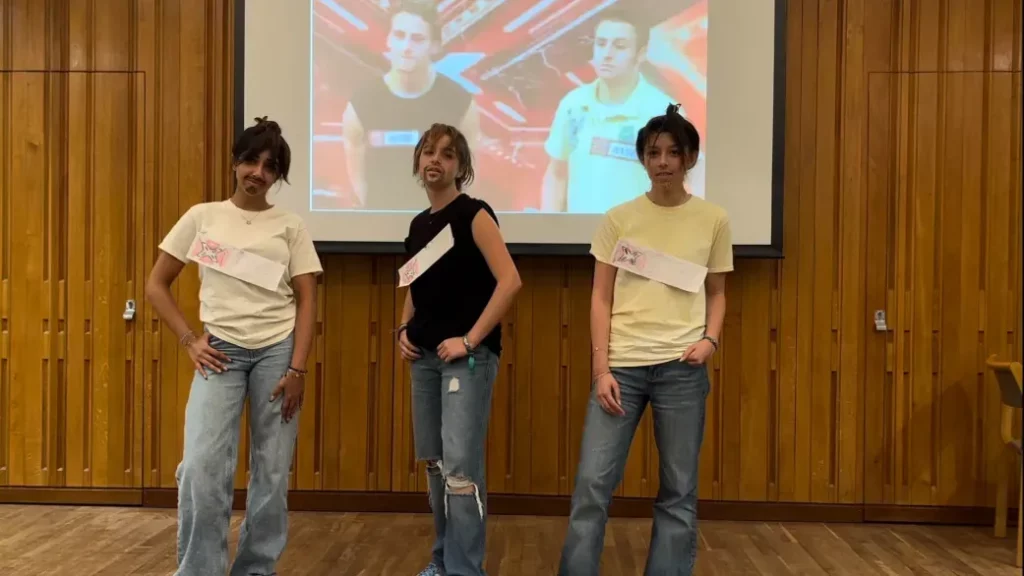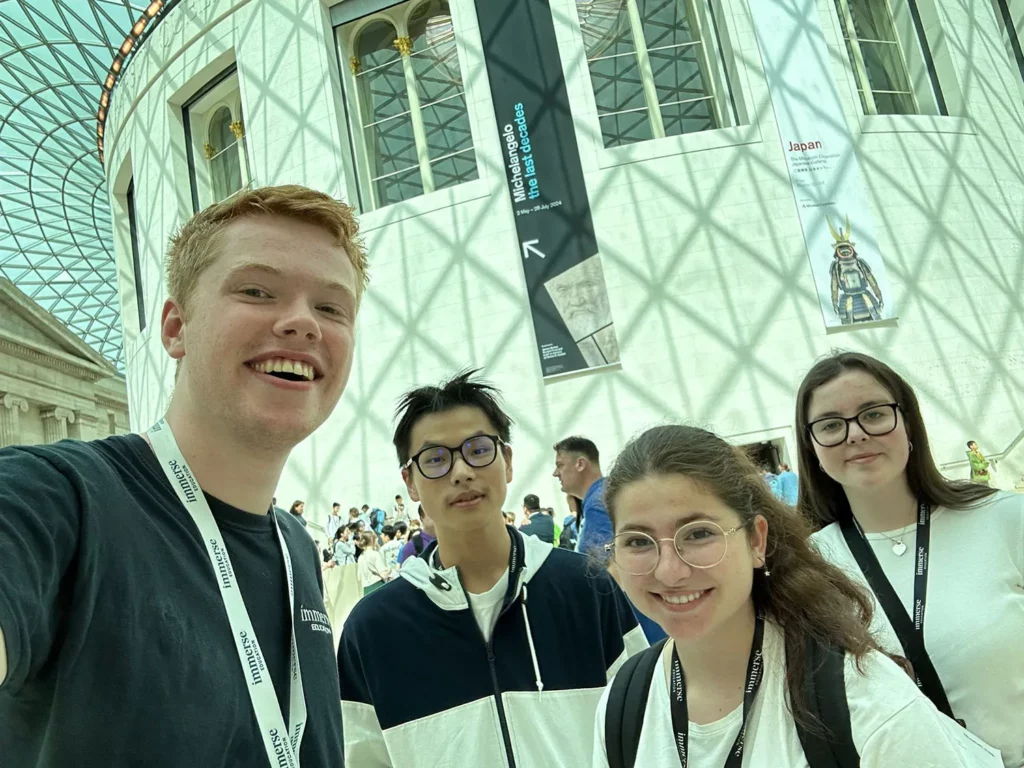Luke, a History graduate from the University of Cambridge writes about his university experiences in addition to his experience as a summer mentor at Immerse Education.
The thrill of arriving at Cambridge is matched only by the intensity of emotion you feel upon graduating. It is a proud day, of course, as you don your fluffy hood and kneel at the Senate House in front of beaming parents and relatives – but not without its difficulties.
Once you’ve conquered the fiddly bow tie and got used to hobbling in your smart shoes, there’s the small matter of crippling existential doubt to deal with. After kissing the Master’s hand and picking up my degree certificate, what on Earth do I do next?
The Cambridge University Life
The bustling cloisters of Cambridge University are not, of course, entirely insulated from questions about life and work and right and wrong. In many ways, spending three years debating the big questions with bright and serious young people is a good preparation for entering adult life and weighing up what exactly to do with it.
The system of tuition encourages all students to think critically and independently for themselves, to trust their own ability to solve problems and to appreciate that their own judgements might be worth heeding after all. But it still comes as something of a surprise to be thrust from a sleepy university setting into all the turmoil of that dreaded ‘real world’ that always lingered menacingly in the background.
If anything, it’s the lack of turbulence and fire and brimstone which is hard to deal with: after such an action-packed and memorable few years, you might find yourself living back at home with your parents, slipping quietly back into your pre-university routine as though higher education had never happened.
Things Change
Familiar sights become a little odd. The dog in the front garden down the road doesn’t seem as fearsome as it used to. The local pub is a tad less exciting than it appeared when you first turned eighteen. And even the barely noticeable rhythms of everyday life are transformed – not in themselves, but in your head.
You fit them into patterns and wonder about their origins, their purposes, their limitations; you simplify them into their constituent parts and fit them back together again, just like you were taught to do to chemical phenomena or historical events in all those supervisions back at Cambridge.
Thanks but no thanks, you might think to yourself, wondering what all that work at university really did to benefit you as a person. But while Cambridge might have dolled you up in gowns and tried to instil in you a perhaps inflated sense of entitlement to lead and to succeed, it also equipped you with the analytical tools to dismantle all that hot air and face the facts of life with a cooler head.
My friends gaze upon the future with a sense that even if they might not yet know what they ought to do or how to do it, the right answer lies within their grasp, and they will not deceive themselves on their search. They couldn’t be in a better position to try. If I had a penny for every time someone told me the world was my oyster since I graduated, I could probably afford half an oyster.
Emerging from Cambridge with a good degree puts you in a great position to try your hand at anything you like: finance, medicine, law, consultancy, politics, journalism, you name it. The dedication that studying requires stands you in equally good stead for a career as a sporting hero or role-model parent.
Getting the Guidance You Need
The Careers Service is an outstanding facility that provides guidance, resources and vacancy updates to Cambridge alumni for the rest of their lives. Many of my friends who have launched into high-powered jobs found them through the careers website, and even those of us looking elsewhere have relied heavily upon their invaluable CV-writing guides and interview help.
Three years at Cambridge University can do a lot to equip you for life after graduation, and the lessons you learn there will stay with you forever. A taste of Cambridge study before applying to university can have similar, if more modest, effects. You’ll be encouraged to approach questions in a mature way appropriate to undergraduates, to explore sides to your chosen subject that you’d never see in a classroom, to understand your own styles of thinking and arguing and see how they might be improved.
Immerse Education Programs inspire students to do well at Cambridge
You’ll notice your reasoning becoming more mature, your judgements more watertight, and you’ll even start thinking about yourself and your own position in new and refreshing ways. It’s no wonder that so many Immerse Education students are inspired to apply to the university, and no wonder many of them do so well.
If they don’t end up studying there, they will still be equipped with a hearty helping of the confidence, thinking skills and life experience that my friends and I hope we have gained from Cambridge. Now it’s time to see if they come in handy out there in life after graduation.
Join the Immerse Education 2025 Essay Competition
Follow the instructions to write and submit your best essay for a chance to be awarded a 100% scholarship.





